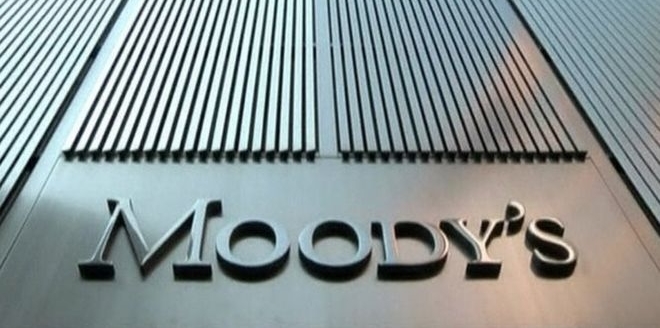Moody’s Investors Service has downgraded its outlook for Australia’s banking sector from “stable” to “negative” amid the “broad and growing scope of economic and market disruption” from the coronavirus (COVID-19) pandemic.
According to the ratings agency, the outbreak is set to “increase the strain” on the banking sector’s operating environment and impair loan performance, with an increase in loan provisioning and record-low interest rates to squeeze bank margins.
Moody’s acknowledged that Australian banks are well capitalised, but added that such buffers would not be enough to offset downside risks if current conditions worsen in the coming months.
“Australian banks’ sound capitalisation will provide a solid buffer against stress losses, but in the event of a deep and prolonged economic slowdown, their banks’ capital ratios are likely to deteriorate,” Moody’s noted.
The ratings agency claimed that fiscal support for households and businesses from both the federal government and the Reserve Bank of Australia (RBA) would only partly alleviate debt pressures against a rising unemployment rate.
As a result, Moody’s said it is expecting loan delinquencies to rise, particularly if the downturn persists for an extend period of time.
“While Australian banks’ current asset quality is very strong, it will deteriorate significantly if disruptions persist for a prolonged period and push up the unemployment rate, which will lead to more impairments of residential mortgages, which comprise approximately two-thirds of banking system loans,” Moody’s stated.
S&P Global Ratings has also forecast a rise in delinquencies over the coming months as the “transmission effects of COVID-19 ripple through the broader economy”.
Both Moody’s and S&P agree that much of the erosion in credit quality would come from borrowers employed in industries hit hardest by the crisis, which include the retail trade, accommodation and food sectors.
According to Moody’s, such industries represent approximately 17 per cent of the Australian workforce.
Growing credit quality concerns have prompted several lenders, particularly non-banks, to adjust their risk appetites, imposing restrictions on borrowers employed in high-risk industries.
Mortgage insurer QBE Australia has also imposed an “embargo” on the provision of lender’s mortgage industries to such borrowers.
[Related: Mortgage insurer imposed LMI ‘embargo’]

